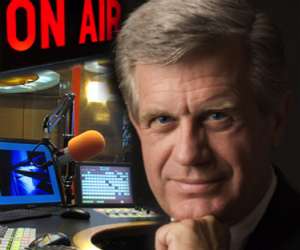Is QE really an economic booster, or just a temporary solution to a long-term problem?

Quantitative easing has been a key strategic of the International Monetary Fund in attempting to mitigate some of the damage caused by the financial crisis several years ago. While it has been a priority for several countries as of late, there is much debate about whether or not -- or to what extent -- QE has aided the economy following the crisis.
In the short term, some economists argue that QE can give the economy a gentle enough boost to kick things into gear, or at the very least prevent things from getting worse. But in the long run, other economists believe that the effects of QE might not be very sustainable.
On the June 8 episode of my Lykken on Lending radio show, I had the opportunity to discuss the issue of quantitative easing with Les Parker, senior vice president of LoanLogics. In our conversation, Les made a very good point: "You can't use QE to create an artificial economy."
In the short term, QE can make the economy look like it's better than it really is. But sooner or later, the illusion is going to go away and people are going to be left with the same broken economy we started with.
What QE really does is defer consequences to a later time. Rather than placing all of the burden on the people suffering in the present state of the economy, QE spreads that pain out across a broader time frame. Perhaps down the road, people will be able to better deal with a down economy than the people today. That's what QE counts on. How well it works is up for debate. But let's not kid ourselves as to what it is -- a temporary solution to a long-term problem.
In the short term, some economists argue that QE can give the economy a gentle enough boost to kick things into gear, or at the very least prevent things from getting worse. But in the long run, other economists believe that the effects of QE might not be very sustainable.
On the June 8 episode of my Lykken on Lending radio show, I had the opportunity to discuss the issue of quantitative easing with Les Parker, senior vice president of LoanLogics. In our conversation, Les made a very good point: "You can't use QE to create an artificial economy."
In the short term, QE can make the economy look like it's better than it really is. But sooner or later, the illusion is going to go away and people are going to be left with the same broken economy we started with.
What QE really does is defer consequences to a later time. Rather than placing all of the burden on the people suffering in the present state of the economy, QE spreads that pain out across a broader time frame. Perhaps down the road, people will be able to better deal with a down economy than the people today. That's what QE counts on. How well it works is up for debate. But let's not kid ourselves as to what it is -- a temporary solution to a long-term problem.



